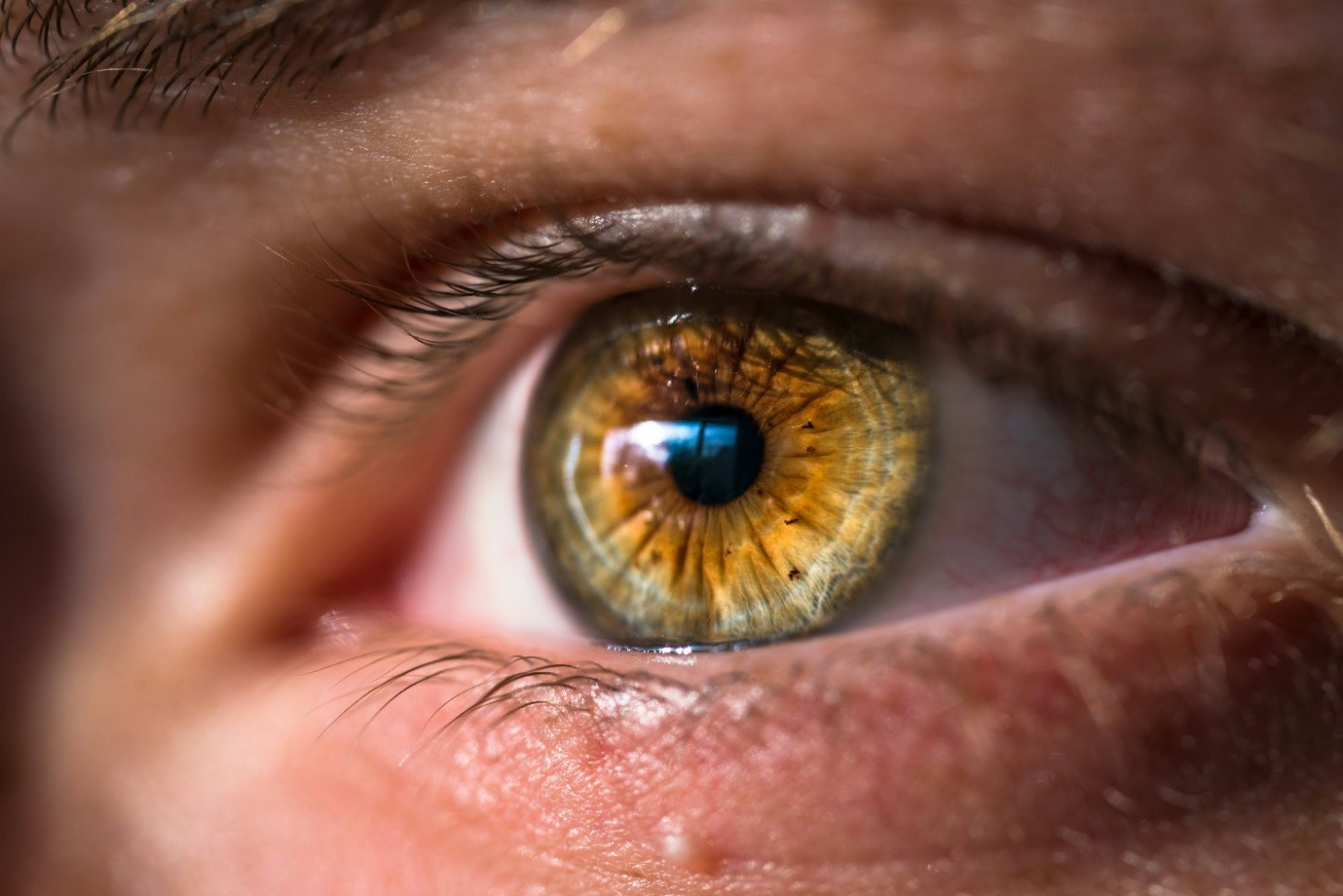
Everyday Habits That Support Lifelong Eye Health
Our eyes do so much more than help us see — they shape how we experience the world, connect with others, and carry out everyday tasks. Yet, eye health often gets overlooked until a problem arises. From long hours on digital devices to everyday exposure to sunlight, our vision is under constant strain.
The good news is that protecting your eyes doesn’t have to be complicated. With a few simple, consistent habits, you can support your eye care and overall eye healthcare for years to come. In this guide, we’ll explore everyday steps you can take to maintain clear, comfortable vision and safeguard lifelong eye health.
Everyday Habits That Protect Your Eyes
The choices you make each day can either protect or strain your vision. Building a few healthy routines into your lifestyle is one of the best ways to support lifelong eye health. Here are some habits that make a real difference.
Nourish Your Eyes With the Right Foods
A balanced diet supports more than just overall wellness — it also plays a direct role in eye care. Nutrients like vitamin A, vitamin C, vitamin E, lutein, and omega-3 fatty acids help maintain healthy vision and reduce the risk of age-related conditions. Leafy greens, carrots, citrus fruits, salmon, walnuts, and eggs are all foods worth keeping on your plate.
Stay Hydrated to Prevent Dryness
Dehydration can leave your eyes feeling irritated, tired, or dry. Drinking enough water throughout the day helps your body maintain proper tear production, which keeps your eyes comfortable and clear. Something as simple as carrying a refillable water bottle can support your daily eye healthcare routine.
Reduce Screen Strain With Smart Habits
Hours of screen time can take a toll on your vision. Following the 20-20-20 rule — looking at something 20 feet away for 20 seconds every 20 minutes — helps reduce digital eye strain. Position your screen at arm’s length, adjust brightness to match the room, and remember to blink often. These small steps make your screen use easier on your eyes.
Protect Your Eyes From the Sun
UV rays can damage the eyes over time, contributing to cataracts and macular degeneration. Wearing sunglasses labeled with 100% UV protection and pairing them with a wide-brimmed hat can help block harmful rays. Making this a daily habit supports both short-term comfort and long-term eye healthcare.
Practice Relaxation Techniques
Stress can contribute to eye strain and tension headaches. Gentle practices like palming (resting warm hands over closed eyes), meditation, or deep breathing can relax your eyes and mind.
Be Cautious With Over-the-Counter Eye Drops
Not all drops are the same — some may mask problems or cause rebound redness. Always read labels and consult your provider to make safe choices for your eye health.
Get Enough Restful Sleep
Sleep gives your eyes time to recover from the day. During rest, your eyes replenish moisture and reset from hours of visual activity. Consistently getting seven to eight hours of quality sleep each night supports not only your body but also your eye health.
Practice Good Hygiene and Contact Lens Care
Did you know you can get a bad eye infection from dirty contact lenses? Clean habits are an often-overlooked part of eye care. Wash your hands before touching your eyes, and follow recommended guidelines for cleaning and replacing contact lenses. This lowers your risk of infections and keeps your eyes safe and comfortable.
Take Regular Eye Breaks Outdoors
Spending time outside allows your eyes to shift focus away from screens and artificial light. Natural light exposure, in safe amounts, supports healthy visual development and can help reduce strain. A short walk outdoors can refresh both your mind and your vision.
Use Proper Lighting at Home and Work
Working or reading in poor lighting makes your eyes work harder. Ensure that your workspaces are well lit and reduce glare by positioning lamps or screens properly. Good lighting habits protect against unnecessary strain and support daily eye healthcare.
Limit Rubbing Your Eyes
Rubbing may seem harmless, but it can transfer germs and irritate sensitive eye tissues. Over time, frequent rubbing may even affect corneal health. Instead, if your eyes feel itchy, use lubricating drops or consult a professional for advice.
Keep Up With Protective Gear
If you play sports, handle chemicals, or work in environments with dust or debris, protective eyewear is a must. Safety glasses and goggles can prevent accidents that could cause long-term vision problems. This simple precaution is one of the most effective forms of preventive eye care.
Maintain a Smoke-Free Environment
Even secondhand smoke can irritate your eyes and increase the risk of cataracts or macular degeneration. Keeping your environment smoke-free is a powerful step for your long-term eye health.
Use a Humidifier in Dry Environments
Indoor heating and air conditioning can reduce moisture in the air. A humidifier helps maintain eye comfort by preventing dryness — a simple way to support everyday eye healthcare.
Take the Next Step With Healthy Vision Association
Protecting your vision doesn’t require dramatic changes — it’s the simple, consistent habits you practice every day that make the biggest impact. From nourishing your body with the right foods to scheduling regular eye exams, these steps help safeguard your sight now and in the years to come. By making eye health a priority, you’re investing in your independence, comfort, and overall quality of life.
Your journey to lifelong eye care doesn’t have to be a solo effort. The Healthy Vision Association is here to support you with trusted resources, expert guidance, and programs designed to make quality eye healthcare more accessible. Join today and take the next step toward protecting your eye health.
